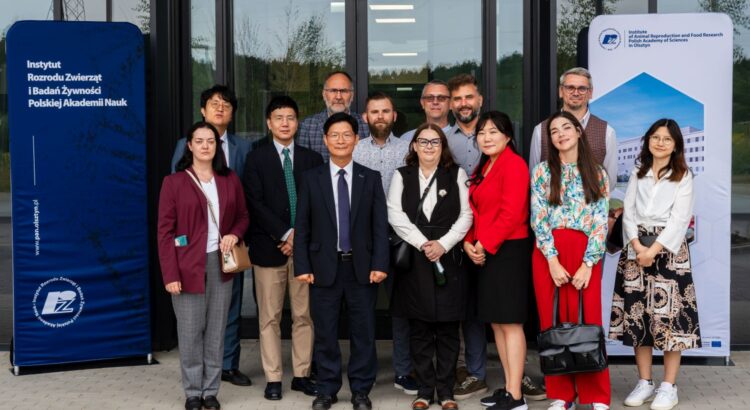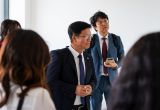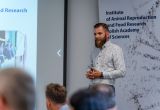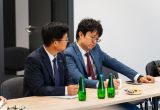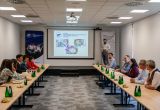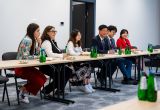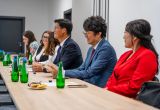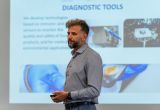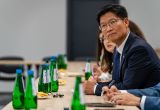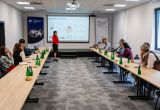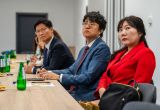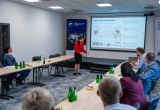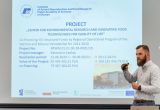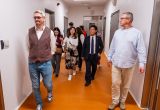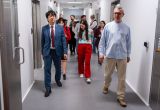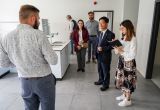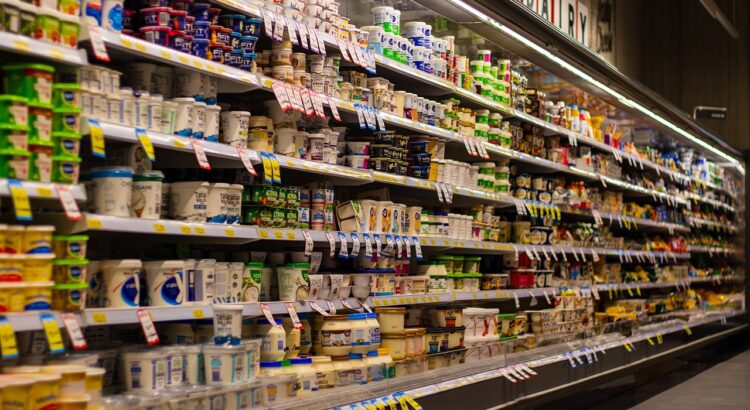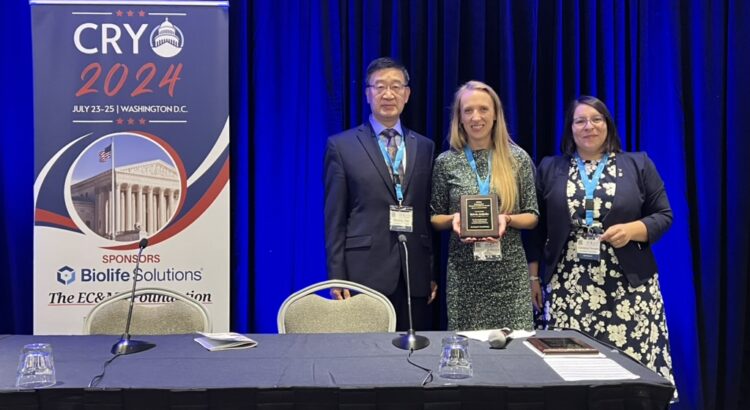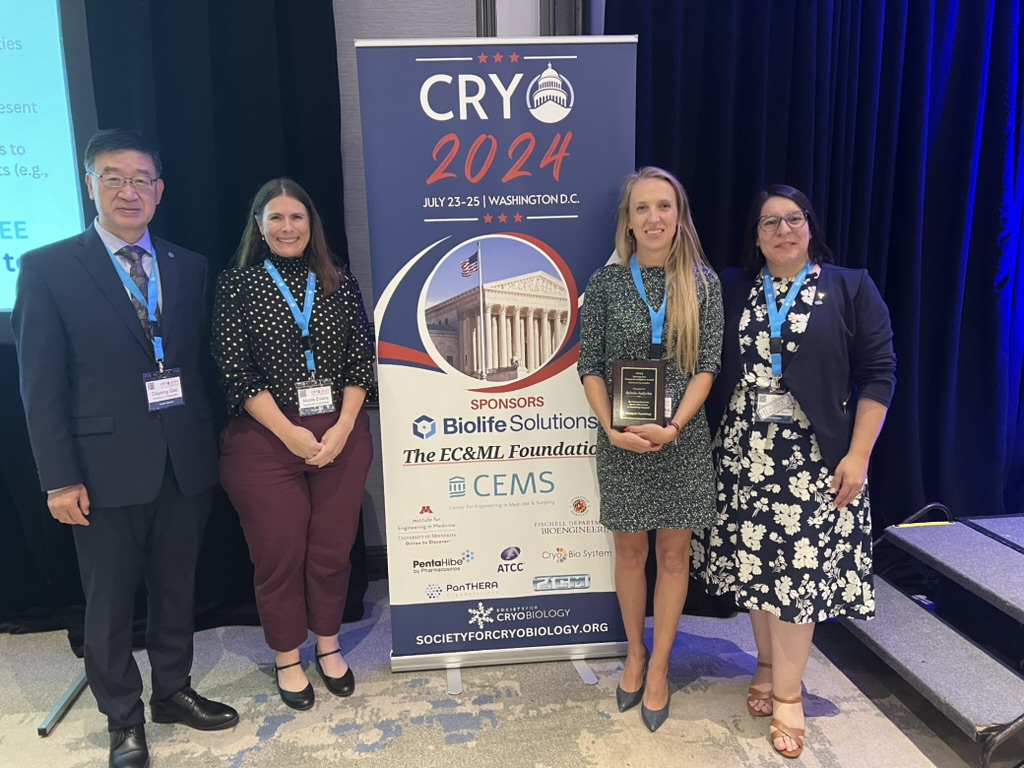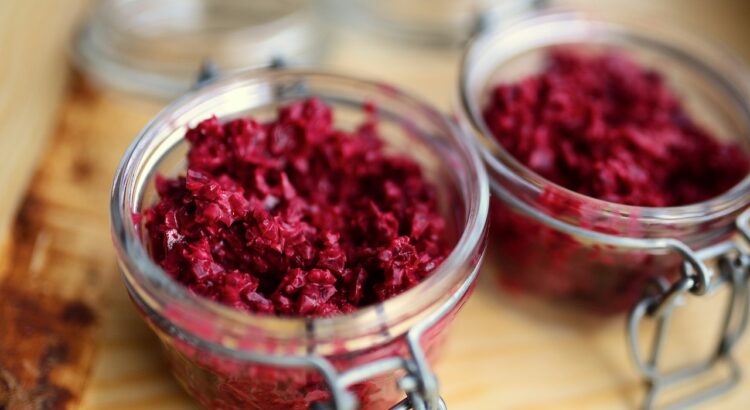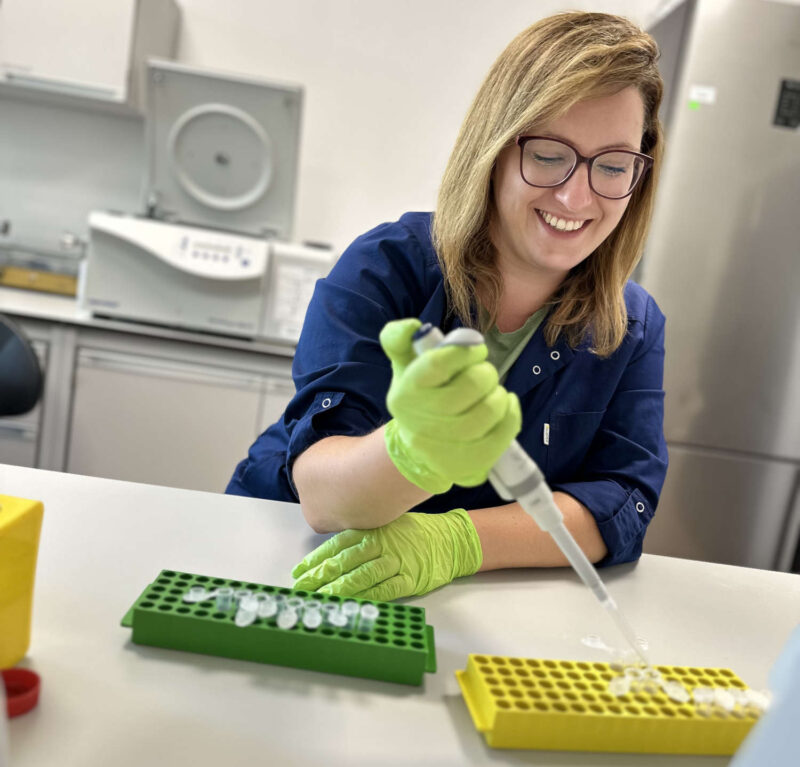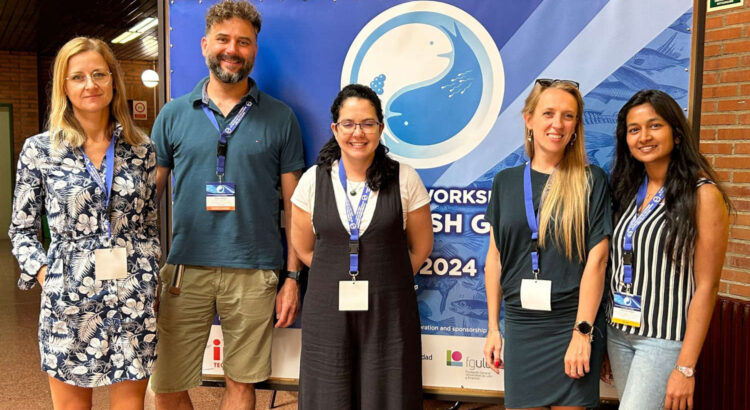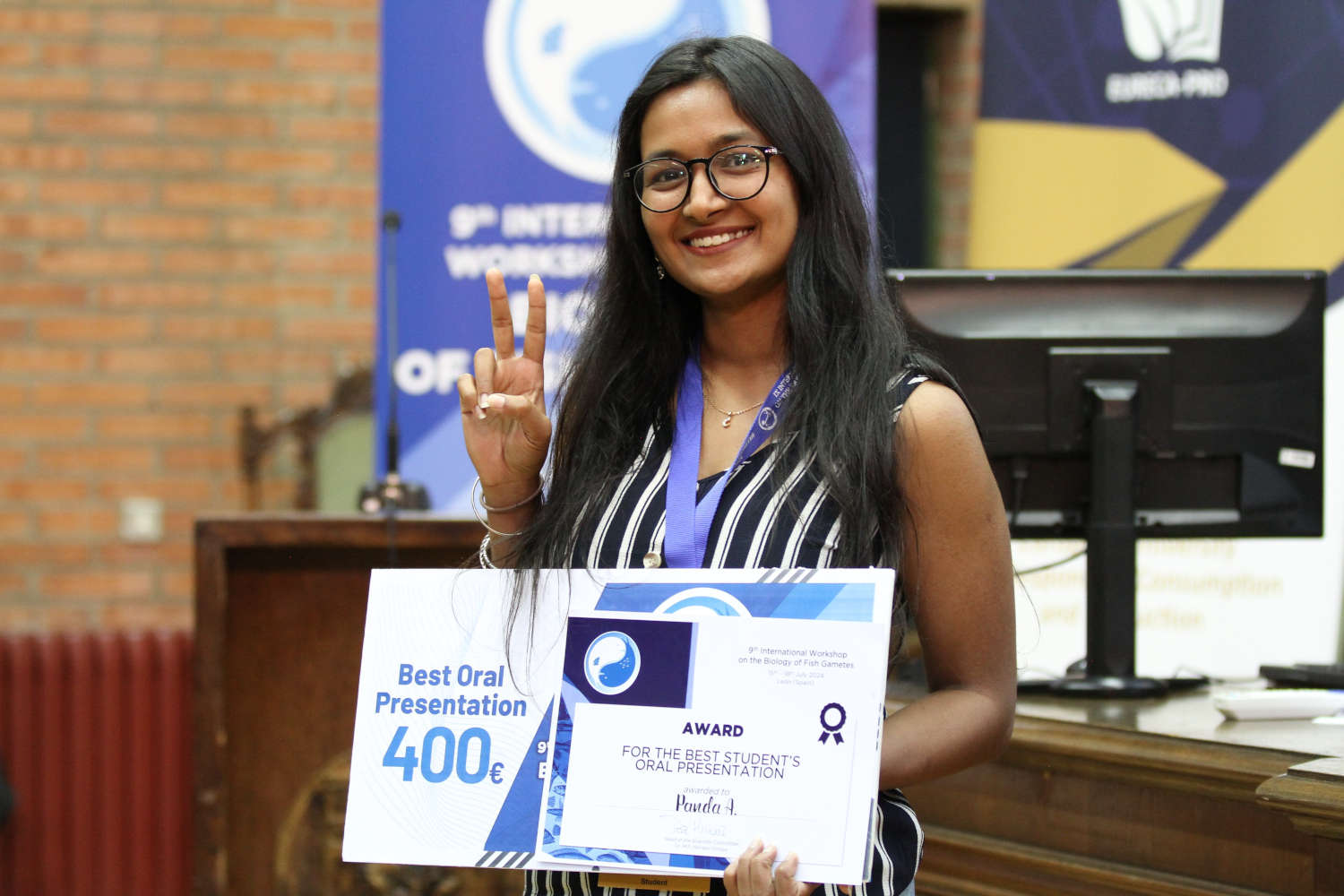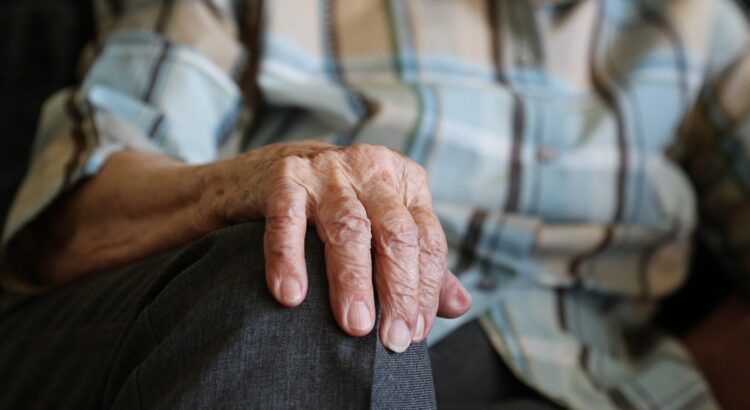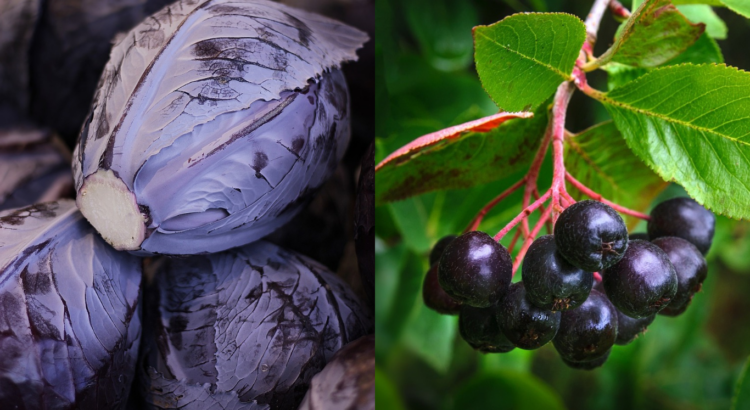Products that support the digestive tract or reduce the risk of overweight and obesity – consumers are increasingly looking for value-added foods with extra health benefits. Scientists see this trend as a chance to prevent noncommunicable diseases (NCDs).
– There is a growing body of research that points to the beneficial effects on human health of specific substances present in and added to foods. These include probiotics, prebiotics, vitamins, dietary fibre, but also natural antioxidants, minerals or good fats from the omega-3 group. Manufacturers are even outdoing each other in creating innovative proposals, because consumers expect this, which results in the development of the functional food market – emphasise food researchers from the Institute of Animal Reproduction and Food Research of the Polish Academy of Sciences in Olsztyn, Dr Joanna Fotschki and Dr Lidia Markiewicz, in an interview for Science in Poland news platform.
They add that there is also scientific evidence that functional food ingredients can have an impact on the prevention of chronic diseases, cardiovascular diseases, gastrointestinal disorders and neurological diseases.
– It is in functional foods that help in the prevention of civilisation-related diseases, e.g. diet-related diseases, including supporting the maintenance of proper body weight and alleviating the consequences of metabolic disorders such as diabetes – they point out.
Both scientists work in the Team of Immunology and Food Microbiology of our Institute, where they research the impact of dietary ingredients contained in food on the human body, e.g. on the immune or digestive systems.
Currently, Dr Lidia Markiewicz is leading a task in a project on combining fruit ingredients with vegetable ingredients or with a postbiotic (i.e. a bioactive ingredient made from probiotic bacteria) to increase the nutritional and health-promoting values of such mousses. Dr Joanna Fotschki, on the other hand, is concerned with the development of functional food additives derived from food processing by-products, i.e. raw materials that are not used by industry on a daily basis.
Functional foods are new foods that have been developed to have a positive effect on the body. – In order to be considered functional, a food must contain – in addition to natural ingredients – an increased concentration of some active substance that does not naturally occur in the food in question or is present in small amounts. The simplest example of a functional food, which has been known for years, is iodised salt, as an adequate dose of iodine is necessary for the production of thyroid hormones – says Joanna Fotschki.
She adds that it can also be a food without an ingredient, e.g. gluten, lactose, sugar or salt. In addition, the latest definitions also take into account the content of live micro-organisms with potential health-promoting or disease-preventing effects. An example is yoghurt drinks, where there are billions of live bacteria cultures in a single bottle.
The most popular products include dairy products (e.g. yoghurt), cereals, drinks or bars. – We can divide them into products aimed at a selected group of consumers, e.g. pregnant women or athletes, or into product categories in terms of the effect we want to achieve, e.g. supporting the functioning of the digestive tract, counteracting stress, reducing the risk of overweight and obesity – says Joanna Fotschki.
Compared to dietary supplements, functional foods are often better absorbed. – Nutrients found in food and consumed as part of a meal are often more bioavailable than supplements in the form of capsules, tablets, gels or powders. This means that our bodies are better able to assimilate the nutrients and thus benefit more from functional foods, in which the bioavailability of these nutrients is higher – emphasises Joanna Fotschki.
At the same time, Lidia Markiewicz reminds us that in order to obtain the health-promoting properties of functional foods, one must wait for the effect – it will not happen immediately after consumption. – It is also worth mentioning that you should choose functional products with the lowest possible level of processing and the presence of bioactive compounds with scientifically proven effects in their composition – she adds.
When asked about trends in functional foods in global science, Lidia Markiewicz points to several research directions: research into dietary fibre (food fortification and the search for/characterisation of new sources of fibre, including from food production side streams, i.e. from cocoa bean husks, grape pomace or legume hulls, for example), fermented foods and ‘good fats’ (e.g. omega-3 fatty acids).
– The increasing interest in functional foods is mainly due to the growing awareness of consumers, and these consumers, having easy and wide access to information (internet, social media), are looking for value-added foods, the consumption of which will bring them additional benefits. Probably the key in this phenomenon is precisely the access to information, however, the source and reliability of which are not always verified by consumers. This is why the role of food producers is so important here, so that the information they place on packaging does not follow what the consumer wants to read, but provides reliable information about the product and its ingredients – points out Lidia Markiewicz.
– I think that soon, under pressure from consumers, even “ordinary” food will have to have certain features assigned or highlighted in order to compete with functional food, while “ordinary” food of good quality is already in itself a source of valuable nutrients and health-promoting ingredients – she adds.
Read more
